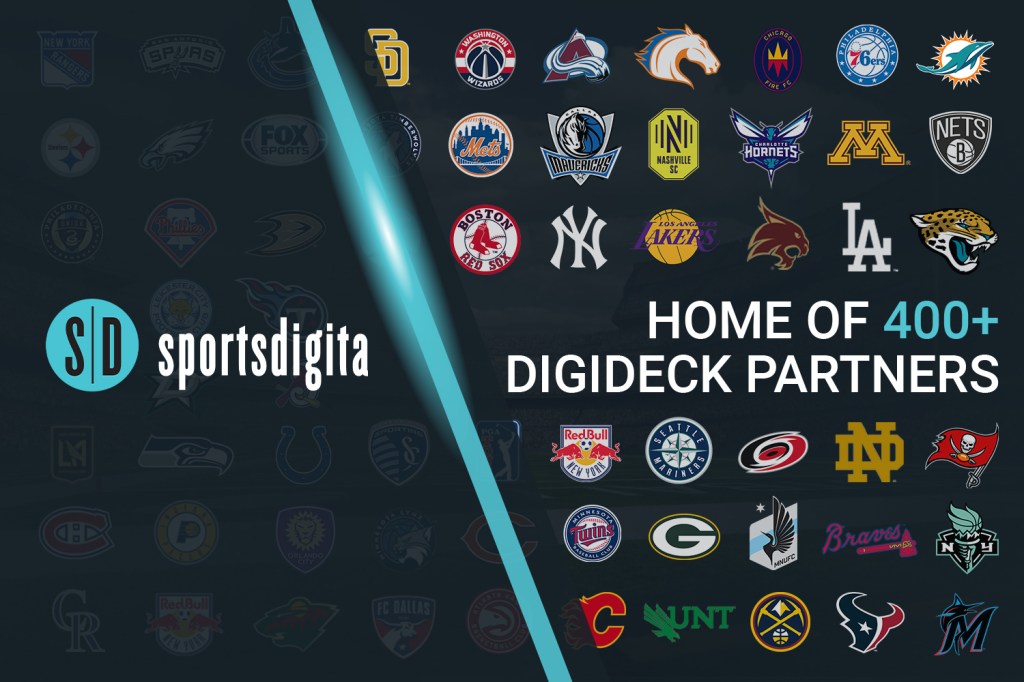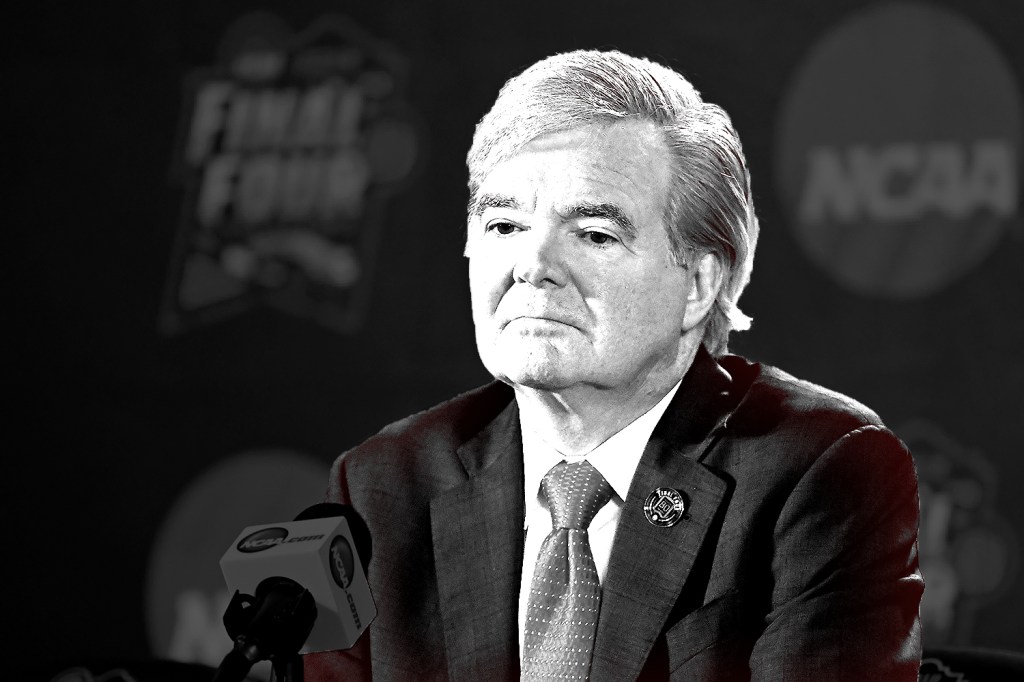One high-profile NIL complication has flown under the radar.
More than 20,000 athletes come from abroad each year to play in the NCAA. But it’s possible that athletes on student visas won’t be able to make money off NIL at all.
The Complication
College athletes who come to U.S. schools from abroad usually require “F” visas, which allow them into the country for educational purposes.
Athletes with these visas can only “do limited on-campus employment here and there,” Robert Seiger, an immigration lawyer and partner of Archer & Greiner P.C.’s sports law practice, told FOS.
NIL laws will allow athletes to sign endorsements, work at or run sports clinics, and even sign autographs. But if international athletes participate in those deals, U.S. Citizenship and Immigration Services could revoke their student visas.
“There’s no question in my mind that that government entity would be like, ‘Wait a minute,’” Seiger said.
Potential Solutions
In the immediate future, there’s an easy “solution” for international athletes who don’t want to lose their visas: Don’t profit from NIL.
The way the government “ultimately perceives” NIL activity could determine whether international athletes can sign NIL deals, Seiger said. Perhaps immigration authorities will decide that NIL compensation falls under the umbrella of limited, on-campus employment.
Otherwise, advocacy and lobbying could successfully push for new laws that would allow athletes to keep their F visa status.
If they’re making money, could athletes apply for visas as professionals? That possibility is a long way away. The NCAA has spent millions in court fighting for amateur status, and shows no signs of giving that up anytime soon.
“This is like a low-simmer issue because there’s so much uncertainty,” Seiger said. When laws take effect, “I think it’ll be an issue that comes more to the front.”
“Like, OK, now we’re faced with the reality.”





